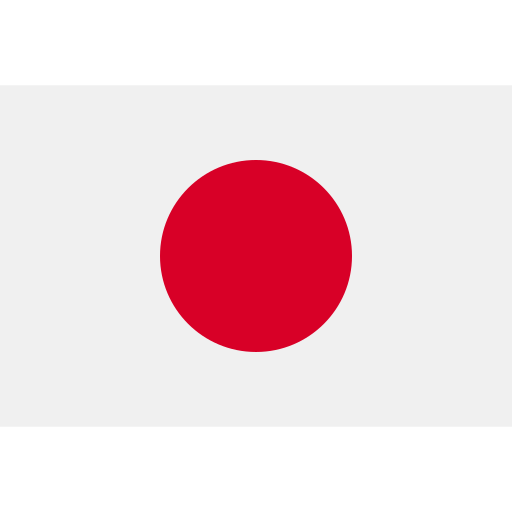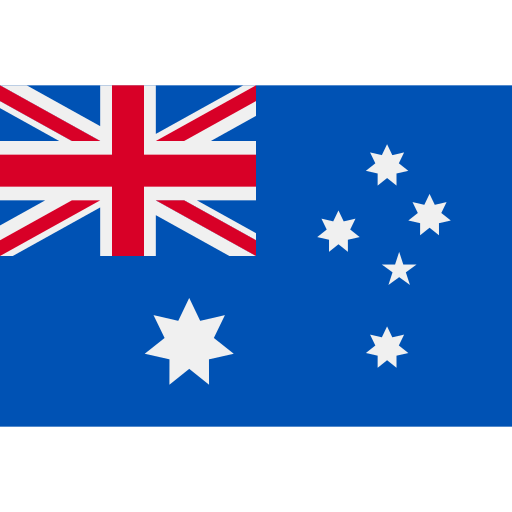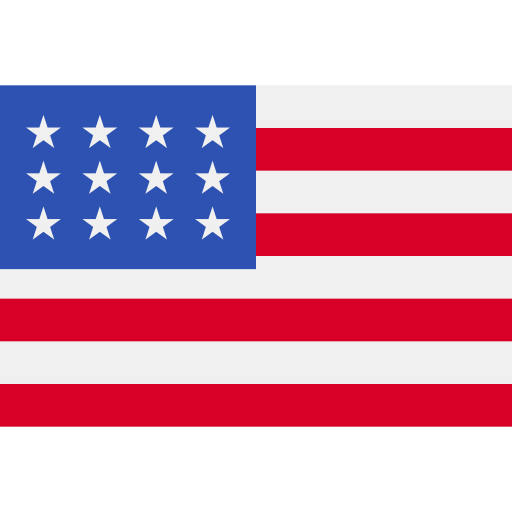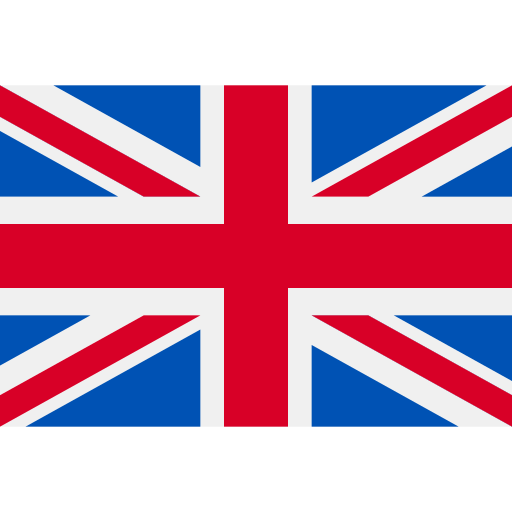After 246 Years, Marine Corps Gives 4 Stars to a Black Officer
[ad_1]
WASHINGTON — In the military, there have already been countless promotion ceremonies this year, held on army bases, aircraft carriers and even, in one case, an escarpment overlooking Omaha Beach in Normandy.
But on Saturday there was one for the history books. Gen. Michael E. Langley, 60, became the first Black Marine to receive a fourth star on his shoulder — a landmark achievement in the corps’ 246-year history. With that star, he becomes one of only three four-star generals serving in the Marine Corps — the service’s senior leadership.
In an emotional ceremony at the Marine Barracks in Washington, General Langley, whose next assignment will be to lead United States Africa Command, acknowledged the weight of his promotion. Before Saturday, the Marine Corps had never given four stars to anyone who was not a white man.
Referring to Franklin D. Roosevelt’s order that desegregated the Marine Corps during World War II, General Langley listed a slew of Black Marines who went before him. They included Frank E. Petersen Jr., the first Black man to become a Marine Corps general, and Ronald L. Bailey, the first Black man to command the First Marine Division. Both men topped out at lieutenant general.
General Langley’s promotion has electrified Black Marines. On Thursday, a slew of them ambushed him when he appeared at Marine Corps Base Quantico in Virginia to get new uniforms to take with him to Stuttgart, Germany, where Africa Command is based.
“Wait a minute, wait a minute, sir,” General Langley, in an interview, recalled one star-stuck Black major saying. “I just want to shake your hand.”
Soon, more Marines — Black and white, men and women — were asking to take pictures with the new four-star general.
At Saturday’s ceremony, five officers sat in a row watching the proceedings. They were part of an expeditionary warfare training class at Quantico that the Marine commandant, Gen. David H. Berger, visited on Wednesday. Around 45 minutes into General Berger’s talk to the class, Capt. Rousseau Saintilfort, 34, raised his hand. “How can I be there Saturday?” he asked.
“It didn’t click on me at first because everyone was asking questions about amphibious stuff and tactics, and he asked me about Saturday,” General Berger said at the ceremony, to laughter.
Capt. Ibrahim Diallo, 31, who came up from Quantico with Captain Saintilfort, said in an interview that “all these friends started messaging me, saying, ‘You’re going to be next.’”
“I don’t know if I’m going to stick around that long,” he said, “but just the fact that junior Marines can see this, they will see that no matter what background you come from, you can achieve in the Marine Corps as long as you perform.”
For the Marine Corps, the promotion of General Langley is a step that has been a long time coming. Since the corps began admitting African American troops in 1942, the last military service to do so, fewer than 30 have obtained the rank of general in any form. Not one had made it to the top four-star rank, an honor the Marines have bestowed on 73 white men.
Seven African Americans reached lieutenant general, or three stars. The rest have received one or two stars, a majority in areas from which the Marine Corps does not choose its senior leadership, like logistics, aviation and transport.
General Langley, who oversaw Marine forces on the East Coast in his last posting, has commanded at every level, from platoon to regiment, during his 37-year career. He served overseas in Afghanistan, Somalia and Okinawa, and he has also had several senior staff jobs at the Pentagon and at the military’s Central Command, which oversees operations in the Middle East.
After a New York Times article in 2020 about the dearth of Black Marine generals, General Berger was asked why the corps had not promoted an African American to its top ranks in its entire history. “The reality of it is: Everybody is really, really, really good,” General Berger said in an interview with Defense One. “For every 10 we pick, every 12, we could pick 30 more — every bit as good.”
General Langley’s promotion is particularly poignant given that his great-uncle was one of the Montford Point Marines, who were the first Black recruits to join the Marine Corps after it began admitting African Americans in 1942. They trained at Montford Point in North Carolina, which was separate from Camp Lejeune, where white recruits trained.
It had taken Roosevelt’s executive order to force the commandant of the Marine Corps at the time, Thomas Holcomb, to open the service to Black men. “If it were a question of having a Marine Corps of 5,000 whites or 250,000 Negroes,” the Marine commandant once said, “I would rather have the whites.”
Now, one of the corps’ three senior leaders says things have changed.
“Mentally we have learned that there’s greater value in the collective than just the monolithic perception of what the makeup of the Marine Corps is,” General Langley said. He said that his hope was that Black Marines would view the corps as a place where they would not be hampered by a glass ceiling.
[ad_2]
Read Nore:After 246 Years, Marine Corps Gives 4 Stars to a Black Officer

 Canada
Canada Japan
Japan Germany
Germany Australia
Australia United States
United States United Kingdom
United Kingdom China
China France
France Ukraine
Ukraine Russia
Russia Turkey
Turkey